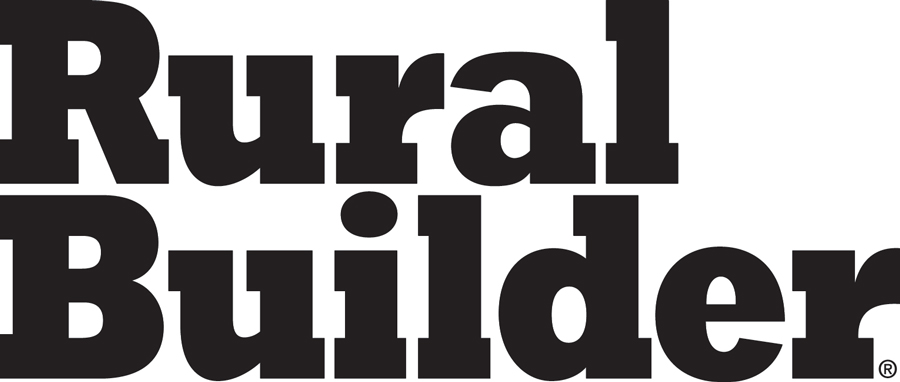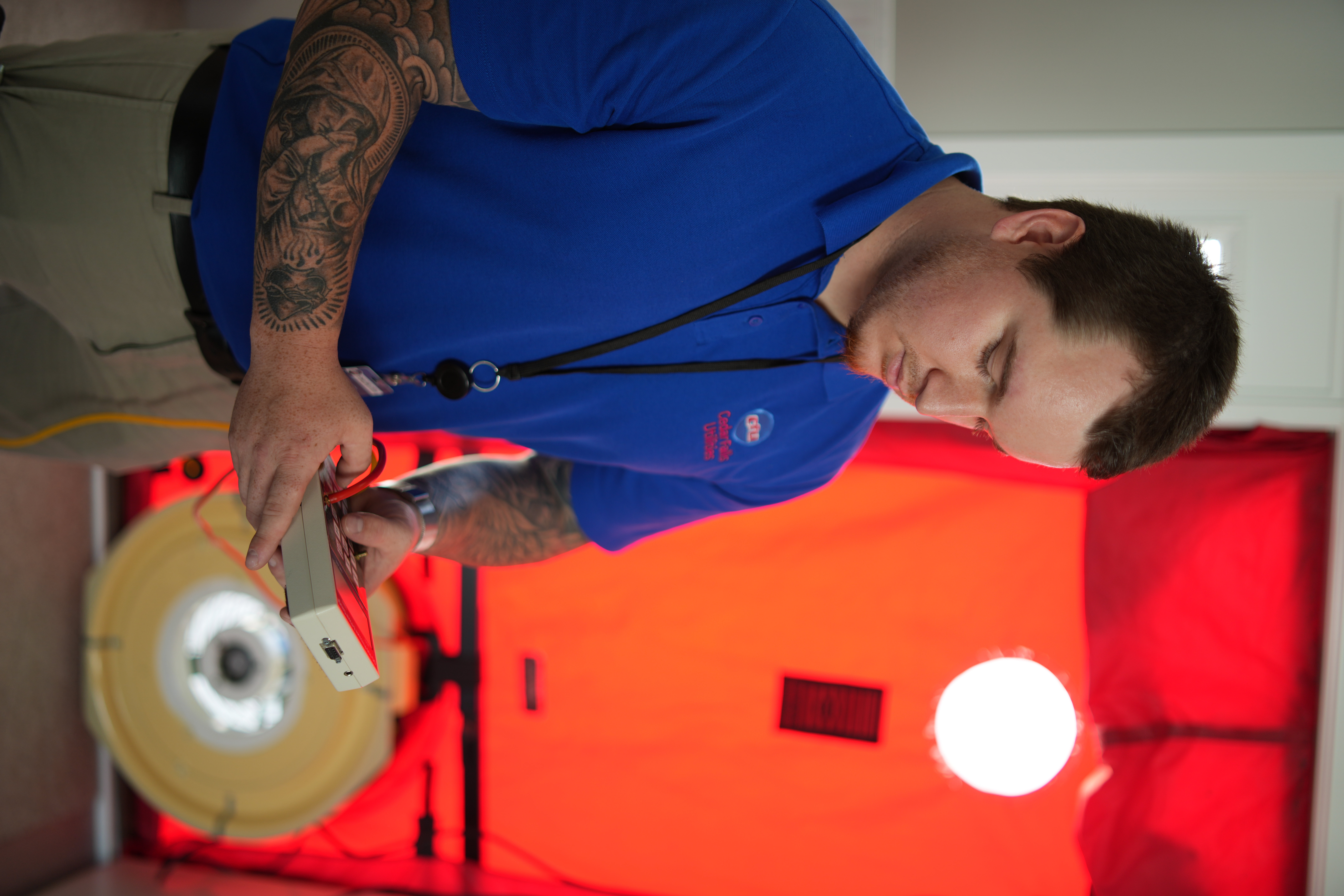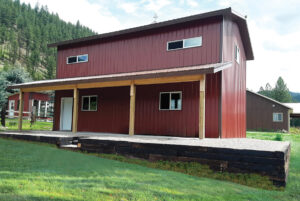mikeroweWORKS Foundation Scholarship Winner and Business Owner Encourages Women to Join the Trades
Emma Frick did not have the traditional childhood. As a dairy and herd manager, her dad moved the family from farm to farm, so Emma and her brothers grew up playing with animals and being homeschooled. Frick did not care for school, but at least her homeschooling program involved a lot of hands-on activity, which she preferred.
What Do You Want to Do When You Grow Up?
As a kid, she had many ideas about a profession. She considered jobs such as violinist, artist, veterinarian, missionary, and singer. Electrician was not even a thought.
However, by the time she graduated high school, Frick had become more of a pragmatist. She decided that the artsy jobs would be too unreliable. She didn’t want to work in an office. She didn’t want to go to school for 10 years, but she wanted to make good money. That is when she considered the trades.
Her friend’s dad is an electrician, and he told her that the money is good, and while there weren’t many women in the field, women were treated equally. He also said that it is a reliable job; it will always be needed and because of the amount of problem solving involved dealing with different buildings from different time periods and the physical aspect of crawling into different places, it would be very difficult for AI and other machines to take it over.
Just 2 Years of Prep
That did it for Frick; she signed up at Ridgewater College in Hutchinson, Minnesota. It was nearby and has a good reputation. Her boyfriend at the time, Justin Frick (now husband) listened to Mike Rowe’s podcast, “The Way I Heard It,” and told her about the mikeroweWORKS Foundation Work Ethic Scholarship.
Applying for the scholarship was a very positive experience Frick said.
“There are several essays and a video, lots of hoops to jump through,” Frick said. “All these hoops were checking to see how dedicated you were in accomplishing the goal. There were lots of hoops, but it was well worth it.”
As far as the S.W.E.A.T. Pledge goes, Frick said she liked it, and one particular tenet of the pledge resonates with her still: ‘I do not follow my passion. I bring it with me.’ “That is me,” Frick said.
She was very excited that the Foundation had picked her out of the crowd as one of the scholarship winners. It meant she didn’t have to pay for all of it herself, which would have entailed taking out loans.
Working In the Field
Her first job out of college was as an apprentice electrician for Kranz Electric. She worked on residential projects mainly and it required a lot of problem solving. It was right up her alley! Her boss Tyler Kranz saw how determined she was to learn and succeed and he cheered her on and allowed her to learn on the job. She also got experience at Muth Electric between school years and after Kranz.
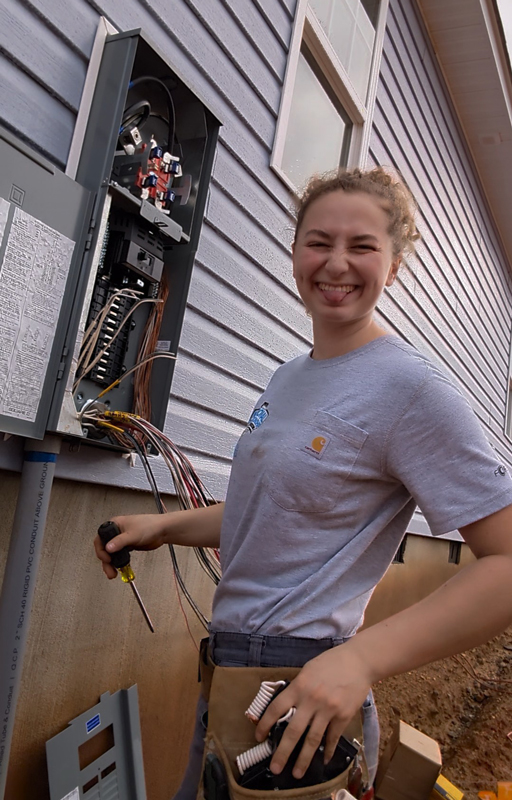
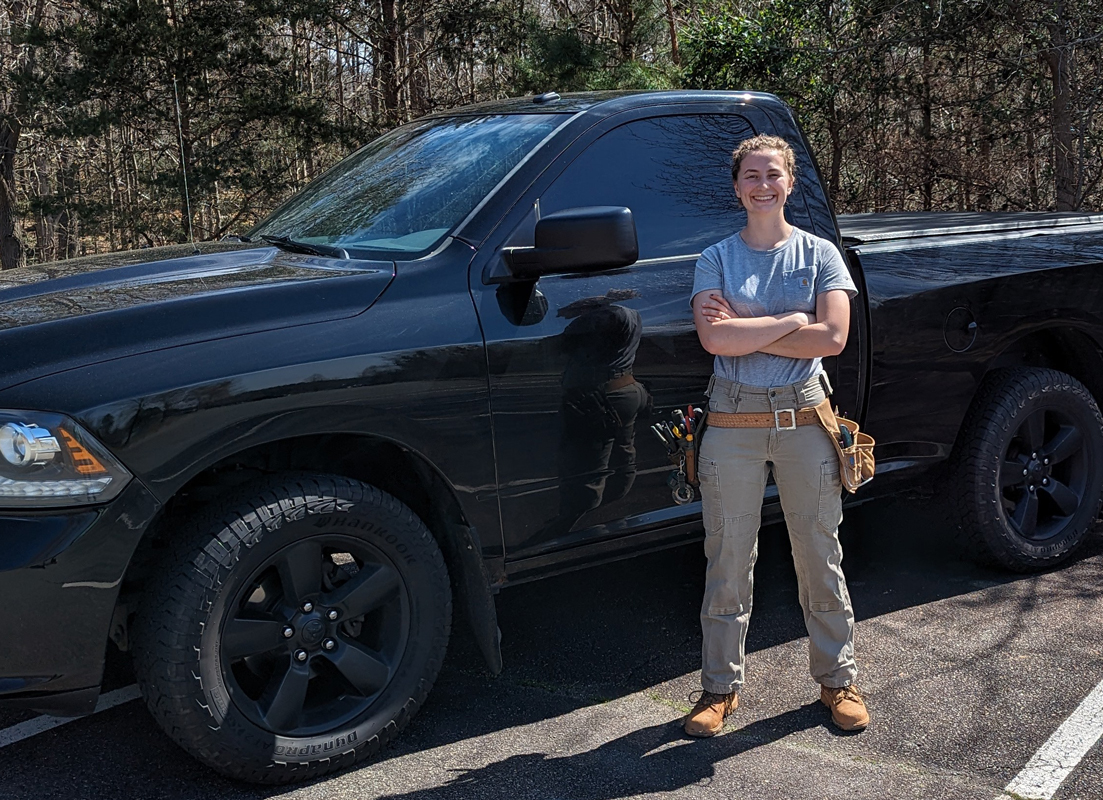
She relocated to North Carolina, a plan she made with Justin, but she said it was scary just showing up there with her brief resume in hand. She found a job, but she was dissatisfied with the company culture. She thought there must be something better out there, so she found it!
She went to work at a smaller company with 10-15 employees that boasted an HVAC side to their business. They did specialized jobs, working on million dollar mansions as well as jobs for Habitat for Humanity, which hires professionals for plumbing and HVAC. She enjoyed the variety and continued to learn.
During her career she sometimes heard people say things like, “the new guy is a girl! What’s with that?” However, once they saw that she knew what she was doing, they started to respect her and gave her no more flack.
A Company of One’s Own
In April of this year, Frick opened her own electrical company, Champion Electric (championelectricnc.com). It took a few months to get to a place where she is comfortable with what’s in the bank, but a couple of big jobs came in and she was able to bank the proceeds.
Opening her own business is the best decision she ever made Frick said. She likes working for herself and setting her own hours.
It takes a certain type of person to run a company.
Frick said, “You need drive and ambition. It’s not just going to fall in your lap. You need to be organized, handle finances, legalities, and manage jobs. You need people skills and you need to wear a lot of hats and be good at it all, or at least be competent in all of it.”
However, she maintains that if you have that drive to succeed and you put in the work, there’s almost no way to fail in this field. She particularly encourages women to get out there and get hands on.
If there were at least one class in every high school where kids could try things hands-on and the opportunities were laid out for them, she believes more people would join the trades.
In the meantime, Frick sees a bright future where her company gets bigger and she has several trucks with employees she can trust to do the job right.
She also hopes to see a greater proportion of women in the field. “50/50 is the ideal,” she said. RB
As a result of a collaboration with mikeroweWORKS Foundation (www.mikeroweworks.org), Rural Builder is featuring profiles of Work Ethic Scholarship recipients in each of its issues. Over 2,000 scholarships have been awarded to trade-school students who value hard work and taking personal responsibility. Rural Builder applauds these students and wants to acknowledge their choice to apply their talents to skilled trades. Thank you, mikeroweWORKS Foundation, for your continuing efforts to close the skills gap and “reconnect the average American with the value of a skilled workforce.”
